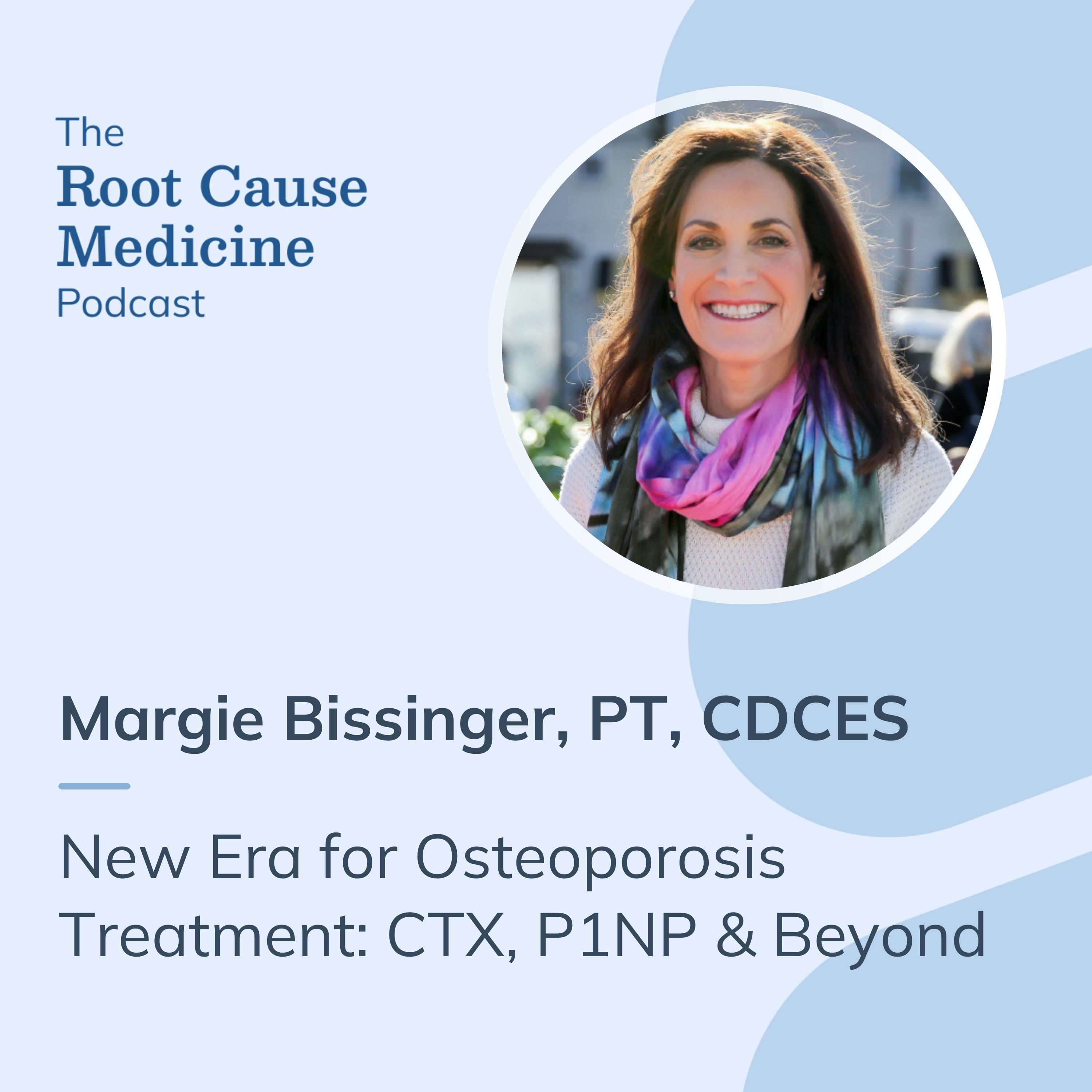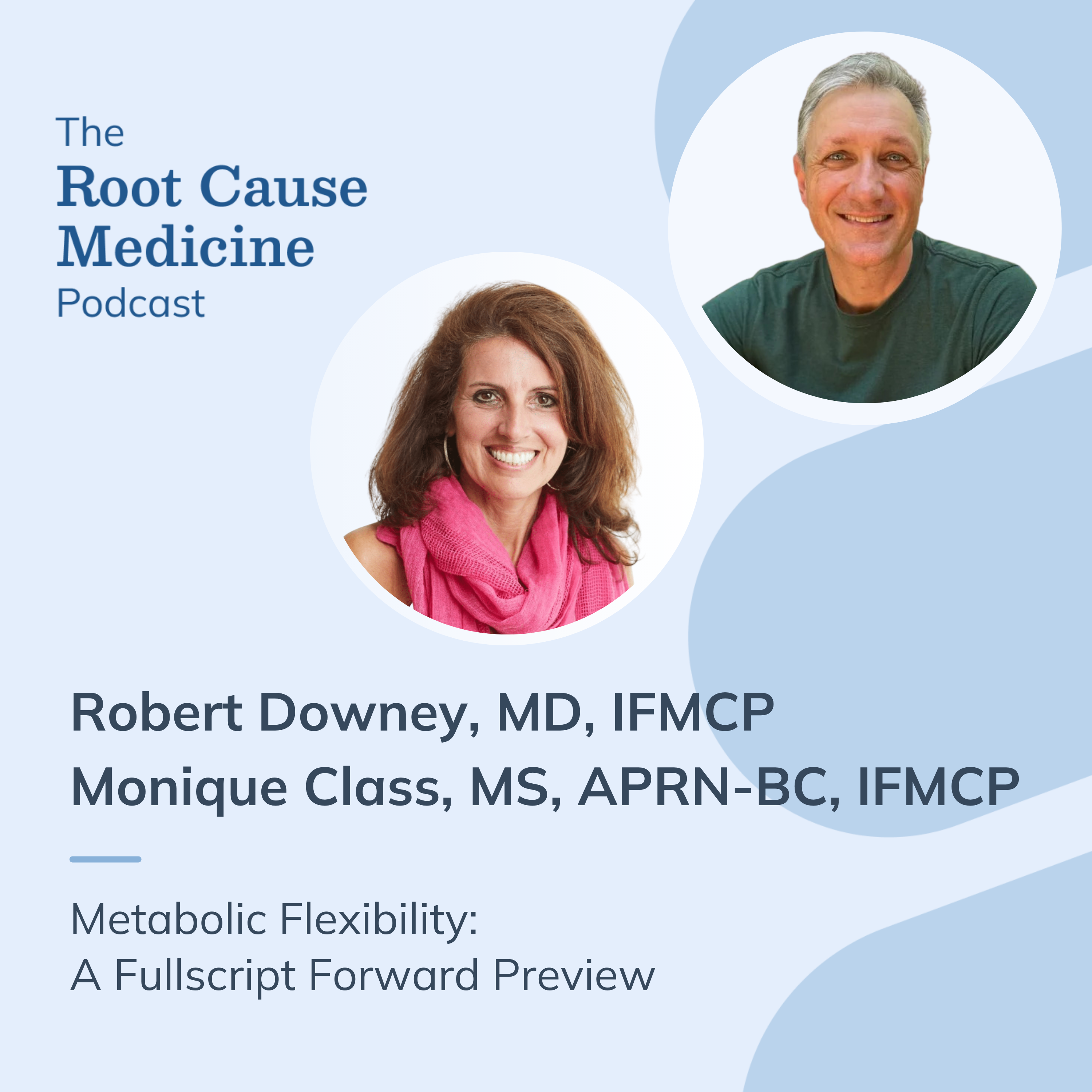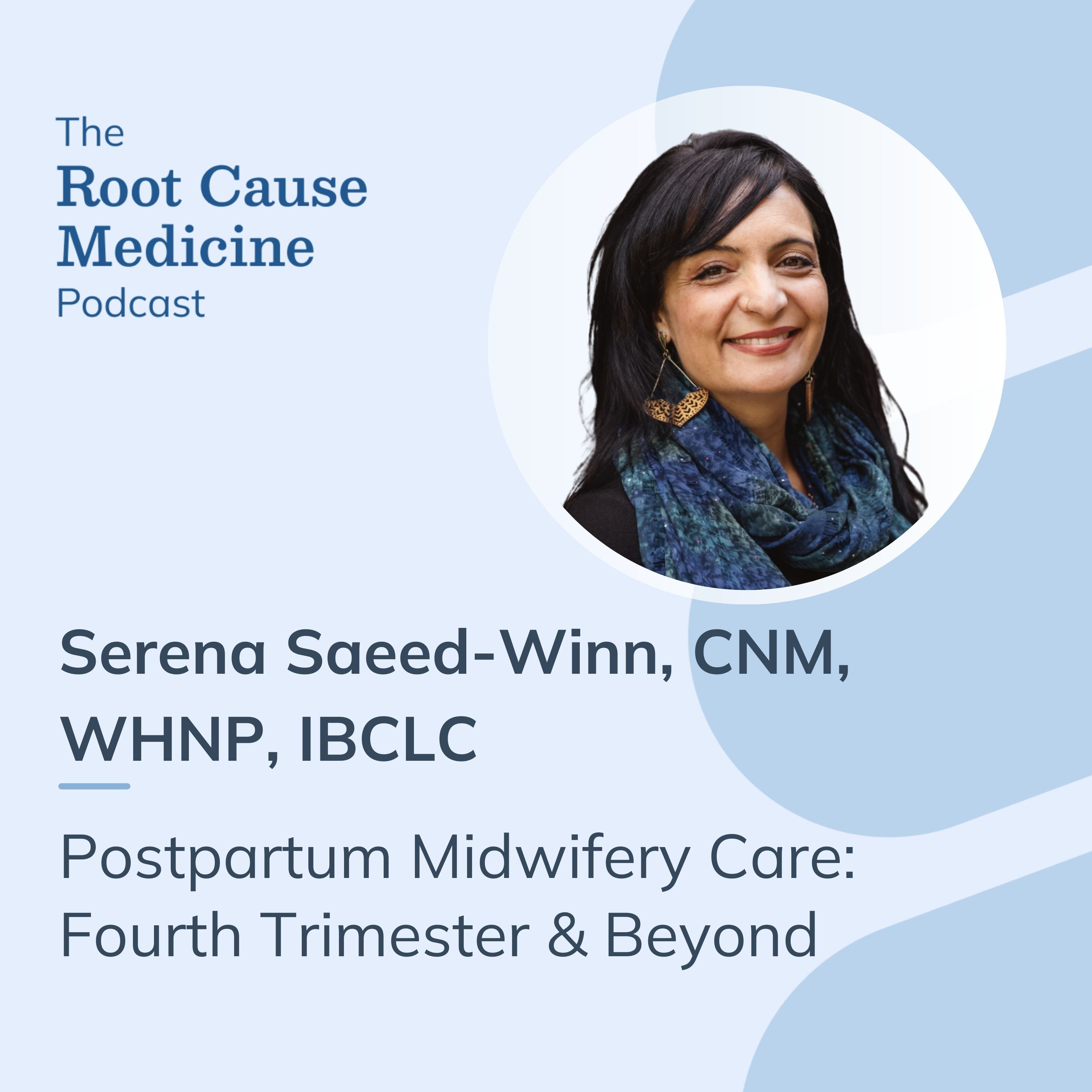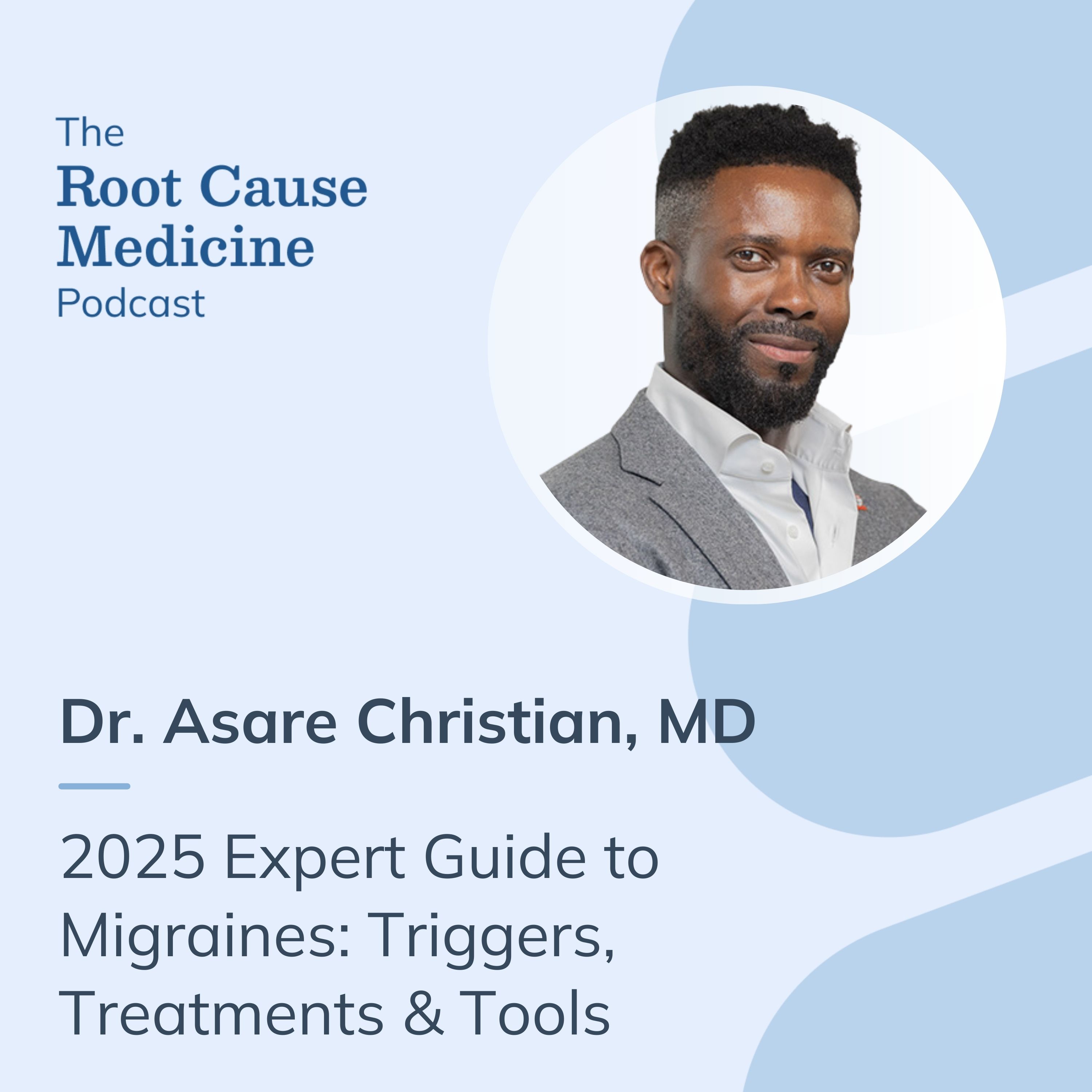In the era of modern medicine, the prolongation of human life is a remarkable achievement. However, this gift of longevity brings with it an increased prevalence of age-related chronic diseases, most notably Alzheimer's Disease (AD). This neurodegenerative disorder, a significant challenge in the realm of geriatric health, is at the forefront of cutting-edge research in geroscience. This discipline, a synthesis of gerontology and biological sciences, probes the complex relationship between the aging process and the onset of age-related diseases. The Journal of Prevention of Alzheimer’s Disease presents an enlightening exploration of this intersection, offering insights into the progressive understanding and possible mitigation of Alzheimer's. Below is a review of The State of Alzheimer’s Research and the Path Forward.
[signup]
Geroscience: A Multidisciplinary Beacon in AD Research
Geroscience, a field of study established over a hundred years ago by Élie Metchnikoff, is at the forefront of research into aging and diseases like Alzheimer’s Disease (AD). This area of science goes beyond the usual limits of individual subjects, combining biology, the study of aging (gerontology), and medicine. The goal is to understand the complex ways in which aging affects our susceptibility to diseases, especially Alzheimer’s. Geroscience is more than just about gaining knowledge; it’s about finding practical ways to use this understanding to develop better treatments and care strategies for older people (1).
Decoding Aging Processes Linked to Alzheimer’s
At the heart of this research is the study of different biological processes that change and decline as we age and how these changes are closely related to the development of Alzheimer’s Disease. The article focuses on several key areas, including inflammation, problems with blood vessels, issues in the way cells process and recycle proteins (proteostasis and autophagy), damage caused by oxidative stress in mitochondria, disturbances in how the body processes energy (metabolic dysfunction), the aging of cells (cellular senescence), and changes in how genes are controlled and expressed (epigenetic dysregulation). Understanding these processes in detail could be crucial in finding new ways to support brain health and potentially slow down the progression of Alzheimer’s Disease (1).
Therapeutics: Targeting Biological Aging in AD
An exciting development mentioned in the article is the rise of new approaches that focus on the processes of aging at the biological level. One such promising area of research involves NTRX-07, which targets Cannabinoid Receptor 2. This research is exploring its potential in supporting brain health by addressing neuroinflammation, a factor in Alzheimer's Disease. Furthermore, the article talks about the use of a combination of two other compounds, dasatinib and quercetin, known as senolytic therapies. These are currently being researched for their potential to support healthy aging by addressing inflammation (1).
Vascular Pathology and Immunotherapy: New Frontiers
The exploration of the importance of blood vessel-related issues in Alzheimer’s Disease was also discussed. It highlights a new type of research involving 5B8, which is an immunotherapy that specifically targets fibrin, a protein involved in blood clotting. This research is promising not just as a way to support brain health but also as a method to detect early signs of changes in brain blood vessels associated with the disease. This dual role of 5B8 could be a significant step forward in understanding Alzheimer’s (1).
Autophagy and Mitochondrial Dysfunction: Unlocking New Avenues
Another critical area of research highlighted is how the process of autophagy (the body's way of cleaning out damaged cells) gets disrupted as we age. This disruption is linked to the build-up of proteins that are typically seen in Alzheimer’s. The article highlights the promising role of specific types of antibodies, known as monoclonal antibodies, which target these proteins, along with compounds that help support the autophagy process. At the same time, it talks about addressing mitochondrial dysfunction, which is an early sign of nerve cell changes, using innovative approaches like edaravone and various small-molecule compounds. These approaches are opening new possibilities in supporting brain health in the context of Alzheimer’s Disease (1).
Synaptic Health and Metabolic Dysfunction: A Dual Focus
The article notes that problems with synapses (the connections between nerve cells), which often happen as we age, are particularly noticeable in Alzheimer’s Disease. It talks about a promising small-molecule compound, LM11A-31-BHS, which has shown potential in supporting synaptic health in Alzheimer's. Additionally, the article highlights an interesting area of research: using diabetes drugs, like metformin and semaglutide, for Alzheimer’s. These drugs might help with the metabolic issues seen in Alzheimer’s, linking the study of metabolism and brain health in a new way (1).
Lifestyle Interventions: A Preventative Strategy
The article emphasizes how important lifestyle choices are in supporting brain health in the context of Alzheimer's Disease. It mentions the FINGER trial, a significant study that highlights how changing certain lifestyle factors can improve brain function and might even help delay or reduce the risk of dementia. These lifestyle changes include things like eating a balanced diet, getting regular exercise, and staying mentally active.
Building on this idea, the MET-FINGER study is exploring a combined approach. This research looks into how lifestyle changes, when paired with the diabetes drug metformin, might work together as a strategy to support brain health. Metformin is known for its ability to regulate blood sugar levels in individuals with diabetes, but scientists are now investigating if it also has protective effects on the brain. The study aims to understand whether combining this medication with healthy lifestyle habits could have a stronger impact in supporting brain health compared to just making lifestyle changes alone. This research is exciting because it suggests that a two-pronged approach involving both medical treatment and lifestyle modifications (a hallmark of integrative medicine) might be more effective in supporting brain health as we age (1).
Biomarkers: Guiding AD Therapy Development
The crucial role of biomarkers in the progress of approaches for Alzheimer’s Disease was also considered. Biomarkers are specific indicators in the body that can be measured to assess a condition like Alzheimer's. The ones that are particularly focused on amyloid, a type of protein that builds up in the brains of individuals with Alzheimer's, have been really important in creating and improving new approaches. It was suggested that using these biomarkers more effectively can make clinical trials and approaches for Alzheimer's much more efficient and precise. Essentially, by focusing on these biomarkers, doctors and researchers can better tailor their approaches to supporting brain health in Alzheimer’s, potentially leading to more successful outcomes in the future (1).
Advocating for Combination Therapy in AD Treatment
The article finishes with a strong recommendation for using a combination therapy approach to support brain health in Alzheimer’s Disease. This idea is similar to the methods used in treating cancer and heart disease. In combination therapy, patients receive a mix of different approaches instead of just one. This approach in Alzheimer’s support targets various factors that contribute to the disease, such as the buildup of proteins in the brain, inflammation, and nerve cell changes.
By tackling the disease from multiple angles at once, combination therapy could offer synergistic effects. For example, one compound might address inflammation while another helps support nerve cells, and together, they could work more effectively to support brain health.
This multifaceted strategy holds the potential for more thorough and successful support for Alzheimer’s. It represents a shift from a one-size-fits-all approach to a more nuanced and holistic strategy, taking into account the complex nature of Alzheimer’s Disease. This type of approach could lead to significant improvements in how we manage and support brain health in Alzheimer’s, ultimately benefiting individuals with more effective and comprehensive care options (1).
A Multifaceted Approach to Alzheimer’s
This comprehensive review in the Journal of Prevention of Alzheimer’s Disease underscores the significance of a multifaceted approach to understanding and supporting brain health in Alzheimer’s Disease. By integrating insights from geroscience and focusing on the biological processes of aging, researchers and clinicians are charting new paths for more effective interventions. This approach holds the promise of significant improvements in the prevention, diagnosis, and management/support of Alzheimer’s, ultimately aiming to enhance the quality of life for the aging population.












%201.svg)







